The Ultimate Guide to Unlocking IPTV: Is Netflix Considered Streaming in the Modern Era?
Introduction
Now we are in an era of the digital era where these new technologies have made entertainment to its peak. The providers of traditional cable services, IPTV (Internet Protocol Television) services, and streaming platforms like Netflix have competed significantly in how the audience consumes content, thus leading to a total transformation of the environment. However, questions like “Is Netflix considered streaming?” have sparked curiosity, as viewers seek to differentiate between IPTV and Over-The-Top (OTT) platforms. This guide on IPTV goes deep into the bare veneer of IPTV, diving with your host into how it’s different from Netflix, and how these technologies could be put together for an uninterrupted experience.
1. Understanding IPTV: Revolutionizing Entertainment in our Modern Era
IPTV changes the paradigm in the manner of delivering and consuming television content. IPTV programs use Internet Protocol networks to send television programming as opposed to traditional method like cable or satellite broadcasting. That means that viewers can watch live TV, view on-demand shows, or watch broadcast recordings on the same devices, such as smart TVs, laptops, and smartphones.
Key Features of IPTV
• Live TV: Enjoy uninterrupted live television channel streaming.
• On-Demand Content: You will get to watch movies and series at your convenience.
• Time-Shifted Media: Catch up with programs you may have missed on catch-up TV.
IPTV is a game changer precisely because it is so flexible. Where audiences are no longer restricted by a rigid schedule, you can customize your viewing experience to your preference. Even IPTV services introduce the feature of enhanced interactivity, that is, the ability to pause, rewind, or fast forward a live broadcast.
Developing the Popularity of IPTV
Customization and scalability of the IPTV are driving the growth of the IPTV market globally. IPTV stands out with its competitive pricing and expansive content – it’s the answer for those who want to replace cable TV.
Where, exactly, does Netflix fit into this? To answer “Is Netflix considered streaming?”, we must first understand the distinctions between IPTV and OTT platforms.
2. Is Netflix Considered Streaming? Unpacking the Core Differences Between IPTV and OTT Platforms

The streaming platforms come under two categories including Netflix and its other OTT services such as Hulu and Amazon Prime Video. Services offered through OTT do away with the need to use traditional distribution channels and deliver directly to viewers via the Internet. IPTV on the other hand, functions on a closed network infrastructure.
| Feature | IPTV | OTT (e.g., Netflix) |
|---|
| Network | Closed, managed networks | Open internet |
| Content Delivery | Requires subscription and ISP integration | Direct-to-consumer, no ISP dependency |
| Flexibility | High interactivity, live TV included | Primarily on-demand, limited interactivity |
Netflix’s reliance on internet delivery and its subscription model answers the question: “Is Netflix considered streaming?” definitively as yes. While it doesn’t match IPTV’s entire offering, it’s not able to do things like live TV or time shift.
The OTT Advantage
CT content is provided by OTT platforms such as curated libraries of high-quality content (original series and films). So much so, that Netflix has become a gold standard for algorithmic recommendations for user personalization. But that doesn’t mean it can’t accomplish what IPTV hasn’t by way of live TV or interactive programming.
3. How IPTV and Netflix Coexist in a World Dominated by Streaming Companies
IPTV is not dead, despite the rise of streaming platforms, as they live together within the ecosystem of complement instead of replacement.
IPTV and Our Strengths in a Streaming Era
IPTV is targeted towards users who demand live broadcasting, sports events, and more local and international channels than via cable TV. Like OTT platforms, it does not have its managed network infrastructure and sits on the public internet bandwidth which may cause high queuing and buffering.
Netflix’s Improvements to IPTV
The others are OTT apps that come prepackaged with IPTV services, such as Netflix. The hybrid approach enables users to stream live TV and Netflix on-demand content easily with an all-in-one entertainment solution.
For users wondering, “Is Netflix considered streaming?”, the real question should be: It can not coexist with IPTV in order to enrich the viewing experience?
4. Unlocking the True Potential of IPTV: Why It Goes Beyond “Is Netflix Considered Streaming?”

Streaming entertainment isn’t IPTV’s potential; most definitely not.
Advanced Features of IPTV
• Personalized Playlists: You can create custom channel lineups featured to your tastes.
• Interactive Services: Watch TV Shows, and get involved in live polls, chats, and gaming!
• Content Variety: Get access to wholesale prices for niche international programming and specialty channels.
IPTV sets itself apart from OTT by belonging to an industry-leading platform that offers unmatched interaction and participation, leaving no viewer preference behind.
IPTV and OTT are Better Together.
By integrating OTT platforms into IPTV systems, both streams get the best of both worlds. You can whatever it is binge Netflix originals or catch the live sports on IPTV but it doesn’t matter.
5. The Future of Digital Viewing: IPTV and Streaming Platforms Coming Together

The future is hybrid, involving IPTV, and streaming services. The question “Is Netflix considered streaming?” becomes less relevant as these technologies evolve to provide unified experiences.
Key Trends Shaping the Future
1. AI-Powered Recommendations: Mixing IPTV’s live offerings with Netflix’s AI-based recommendations.
2. Enhanced Connectivity: As IPTV and OTT streaming quality improves, they are powered by 5G and fiber networks.
3. Unified Interfaces: A one-stop shop for live TV, on-demand content, and OTT app management.
Accepting these innovations will transform the frontier between IPTV and streaming platforms into an invisible thin line, easing the consumer’s journey toward a seamless, upgraded digital viewing experience.
Conclusion
The debate surrounding “Is Netflix considered streaming?” highlights the dynamic nature of digital entertainment. Though Netflix is a streaming platform, it isn’t remotely as comprehensive as IPTV. These complement each other as a group of technologies working together to offer a combination of flexibility, variety, and convenience purely unrivaled. In the future, as IPTV and streaming platforms get integrated together, entertainment will become more and more available and fun.
With this guide, take it as an inspiration for starting to dig into the huge potential that IPTV has to offer and that it can complement Netflix in creating a new world for modern entertainment.
Table of Contents
Share this content:

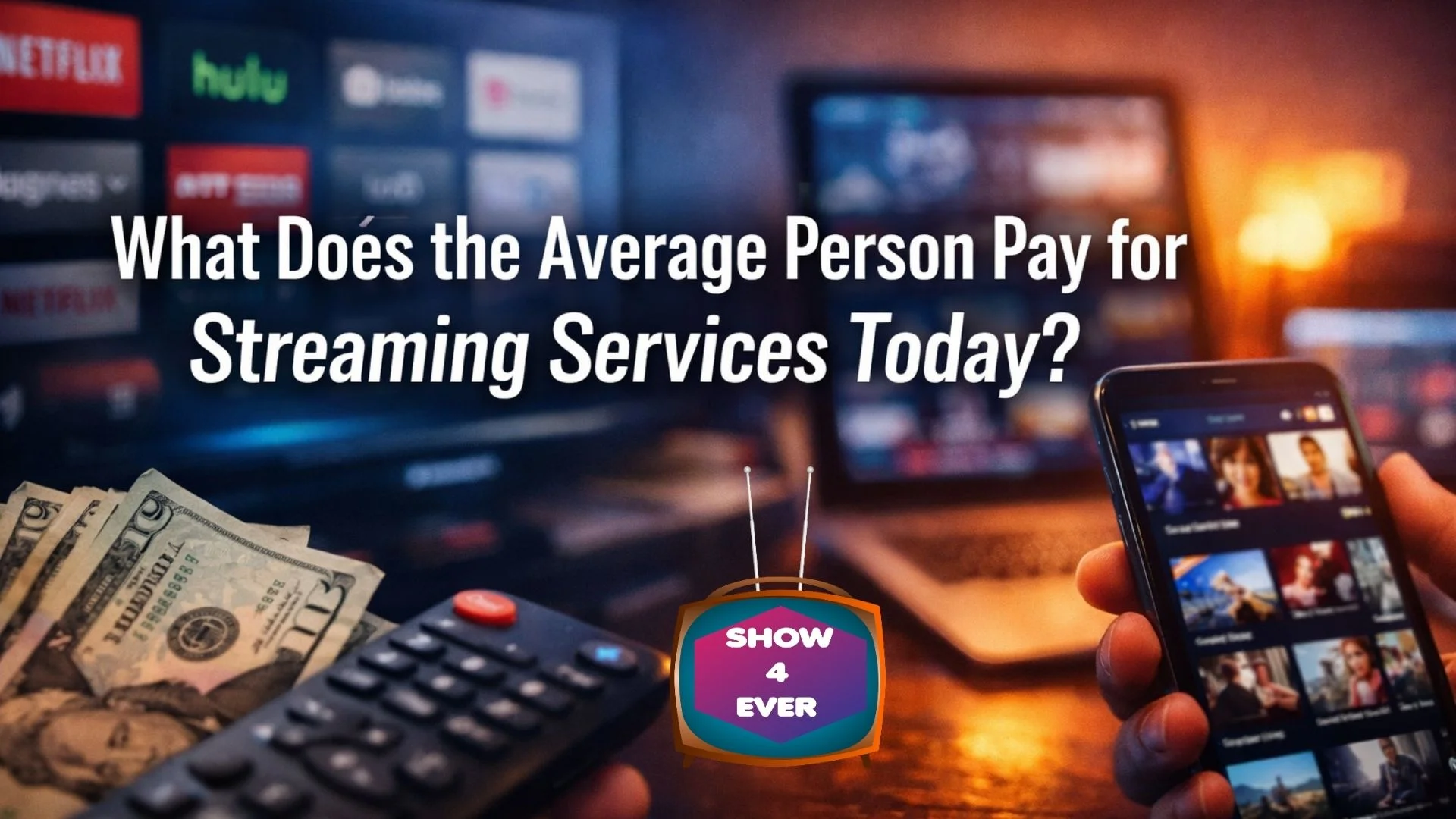
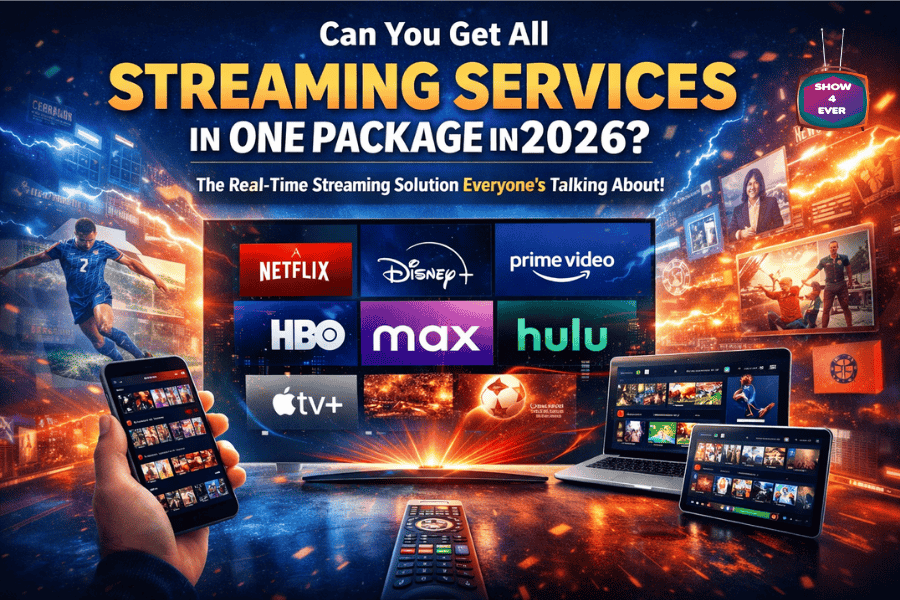
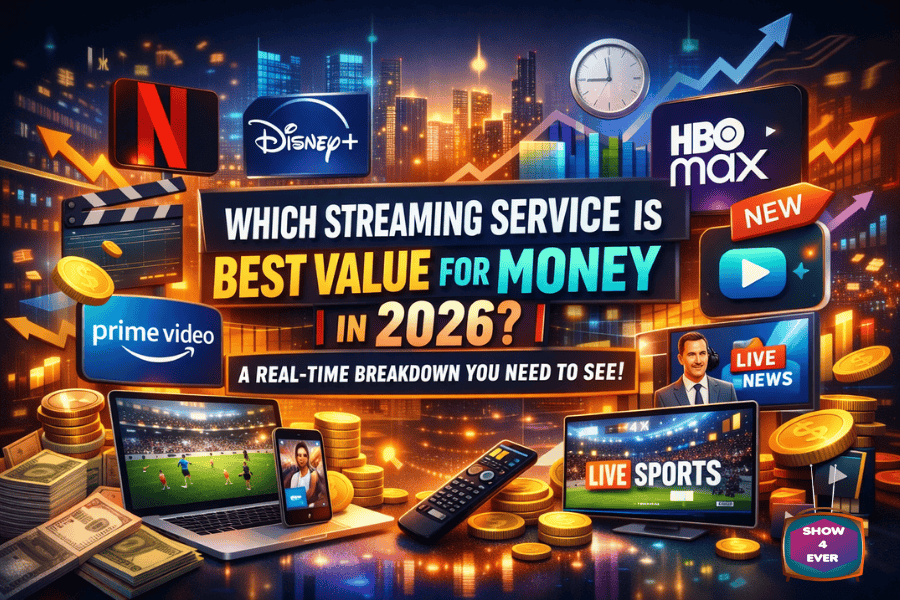
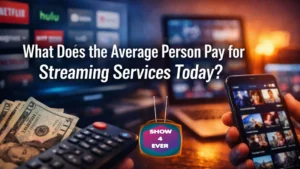
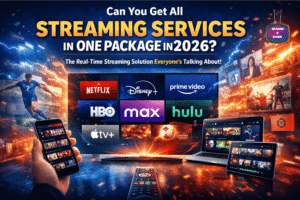

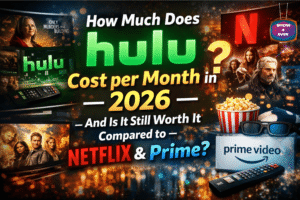
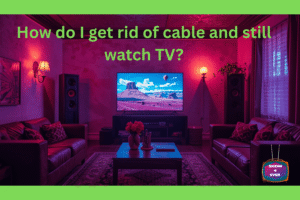



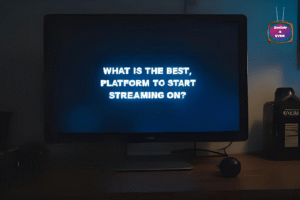
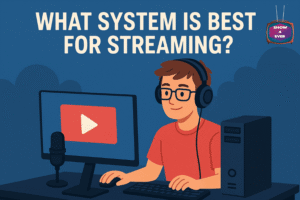


Post Comment